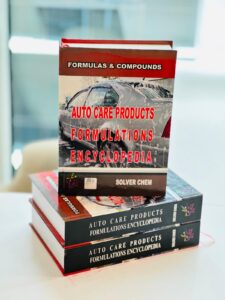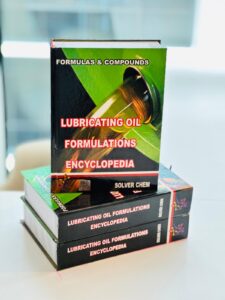
A Cooling System Protector is a chemical additive or formulation designed to safeguard the components of a closed-loop, water-based cooling system (such as in an internal combustion engine or industrial chiller) from degradation and damage, thereby maintaining system efficiency and longevity.
The most common and critical components of a cooling system protector are corrosion inhibitors.
Definition and Function
Cooling system protectors work by being mixed with the base fluid (usually a blend of water and glycol-based antifreeze) to perform three main functions:
- Corrosion Prevention (Anti-Rust): The primary role is to prevent the chemical degradation (rust and corrosion) of the metal components, which are typically made of aluminum, iron, steel, copper, and solder. The inhibitors form a thin, protective (passivation) layer on metal surfaces, blocking contact with oxygen and corrosive agents in the fluid.
- Scale and Deposit Control (Anti-Scale): They prevent the buildup of mineral deposits (lime scale) that can occur, especially if hard tap water is used. These deposits impede heat transfer, leading to engine overheating and system inefficiency. Protectors bind with these minerals to keep them suspended in the fluid.
- pH Buffering: They maintain the coolant’s level in a slightly alkaline or neutral range. Over time, glycol can break down and become acidic, which accelerates corrosion. The inhibitors buffer the to prevent this acidic attack.
In addition to these, some products may include Water Pump Lubricants to reduce wear on pump seals and bearings, or Wetting Agents to reduce surface tension and improve heat transfer efficiency.
Applications
Cooling System Protectors are essential in any application that uses a closed, liquid-based cooling system:
| Application Area | Specific Use |
| Automotive | Used in the coolant/antifreeze of cars, trucks, buses, and heavy-duty equipment to protect the engine block, cylinder heads, radiator, and water pump. |
| Heavy-Duty Diesel | Specialized protectors (often containing nitrites) are used to prevent cavitation erosion (pitting) on cylinder liners, a common issue in high-vibration diesel engines. |
| Industrial HVAC/Chillers | Employed in large-scale Heating, Ventilation, and Air Conditioning (HVAC) systems and process chillers to protect piping, heat exchangers, and cooling coils from corrosion and fouling. |
| Residential/Commercial Heating | Used in hydronic (hot water) heating systems, such as domestic boilers and radiators, to maintain efficiency and prevent internal rusting and sludge formation. |
| Geothermal & Solar Thermal | Used in closed-loop geothermal heat pump systems and solar hot water collectors as part of the heat transfer fluid to provide freeze protection and corrosion resistance. |




